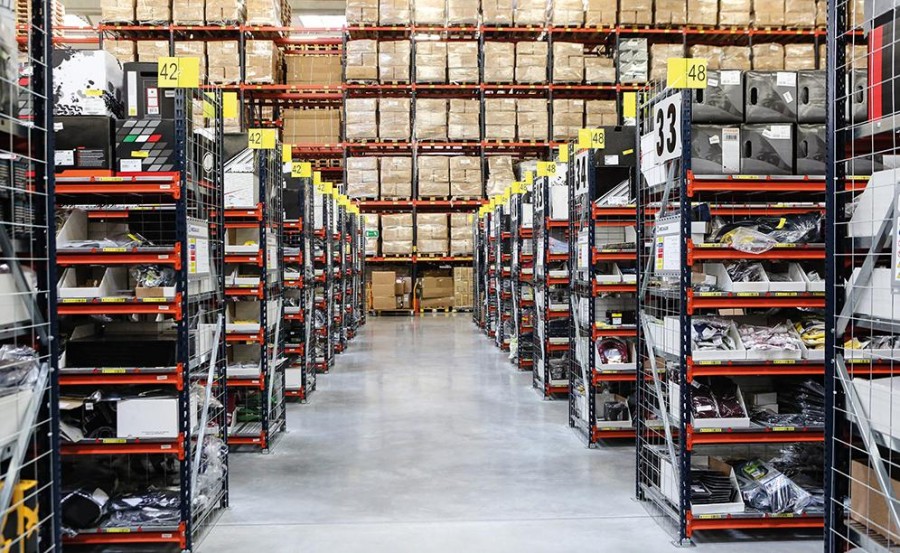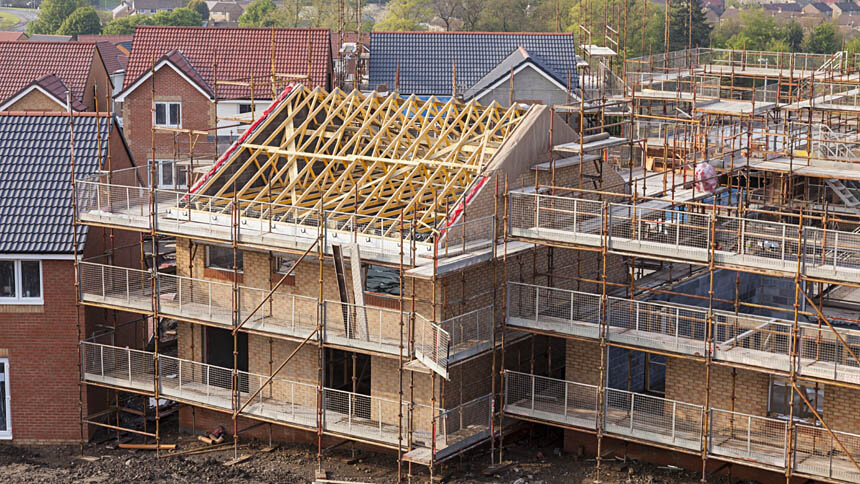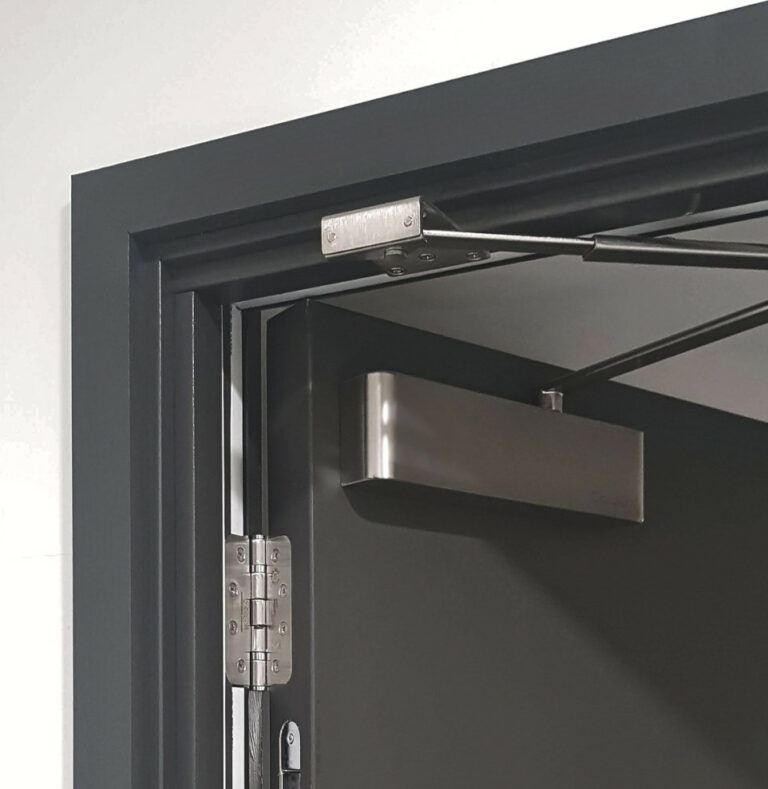UK manufacturers faced a tough operating backdrop in April, with market uncertainties rising, client confidence retreating and cost pressures intensifying.
At 45.4 in April, the seasonally adjusted S&P Global UK Manufacturing Purchasing Managers’ Index remained below the neutral 50.0 mark for the seventh straight month. The headline PMI was up slightly from March's 17-month low of 44.9 and above the earlier flash estimate of 44.0.
Manufacturing production contracted again in April, albeit to a slightly lesser extent than in March, as output was scaled back in response to reduced intakes of new work from both domestic and overseas markets. Panellists reported that rising economic and trade uncertainties (including prospective US tariffs) had drained confidence from both consumer and business-to-business clients, resulting in an increased reluctance to commit to new contracts.
These factors also led to a comparatively large contraction of output and new work received at investment goods producers, suggesting that subdued market confidence was hitting demand for capital goods especially hard.

The total level of new business placed with UK manufacturers contracted for the seventh month in a row in April. Similar to the picture seen for production, the rate of decrease in new work received remained substantial despite easing slightly since the prior survey month. New export orders fell at the quickest pace in almost five years, with demand from the US, Europe and mainland China all lower.
Anecdotal evidence indicated that weak client confidence, trade uncertainty (including prospective US tariffs) and generally quiet global markets had all weighed on export demand. The tough current backdrop, rising cost pressures and increased uncertainty at manufacturers and their clients alike led to lower business optimism, reduced staff headcounts and cutbacks to purchasing and stocks during April.
Business optimism fell to a 29-month low, with less than half of the panel (47%) expecting output to rise over the coming year. Manufacturing employment declined for the sixth month running in April. The rate of job losses accelerated and was the second-sharpest in almost five years (beaten only by the reduction made in February 2025 during this sequence).
Many firms noted that lower staff headcounts were necessary to offset the impact of rising national insurance contributions, increased minimum wages (and the knock-on effect to higher pay grades) and other cost rises.
There were reports of redundancies, natural wastage and hiring freezes as manufacturers reacted to protect their operations in response to the uncertain economic outlook and signs of excess capacity at factories. The rate of depletion in backlogs of work accelerated to a 17-month high. Efforts to pull back on non-vital expenditure to protect margins and competitiveness led to steep cutbacks in purchasing activity and stocks of both finished goods and purchases.
Supply chains remained under pressure despite lower demand for inputs, with average vendor lead times increasing for the sixteenth month in a row. Longer vendor delivery times were linked to supplier constraints (such as insufficient staffing or stock), supply chain issues (including freight delays) and market uncertainty. April saw average purchases prices rise at the quickest pace since December 2022. Higher energy prices, the pass through of increased staff costs at vendors and global supply chain uncertainties (caused in part by prospective US tariffs) were all factors reported to have led to higher purchase prices.
Manufacturers passed on some of these cost increases to their clients, leading output price inflation to accelerate to a 26-month high.
Rob Dobson, Director at S&P Global Market Intelligence “The start of the second quarter saw UK manufacturing buffeted by adverse global market conditions, rising cost pressures, deteriorating supply chains and increased trade uncertainty. April saw further contractions in output, new orders and exports, as well as a slump in business confidence to its lowest ebb since November 2022.
“Although domestic demand remains soft, overseas demand is especially weak. New export business fell at the quickest pace for nearly five years, with demand from clients in the US, Europe and mainland China all declining. Surveyed manufacturers noted that US tariff announcements were having a noticeable impact on global markets as trading partners adapt to increased trade volatility.
“Manufacturers are also seeing an increasingly harsh cost environment, with purchase price inflation hitting a 28-month high. Alongside general raw material price increases on global markets, UK producers are also facing domestic inflationary pressure from increases to National Insurance, minimum wages and the knock-on impact of the latter on higher pay grades. These increased costs are resulting in a combination of higher selling prices and cutbacks to non-essential spending on staffing and purchasing, potentially reinforcing the 'rising costs, declining demand' backdrop."




















